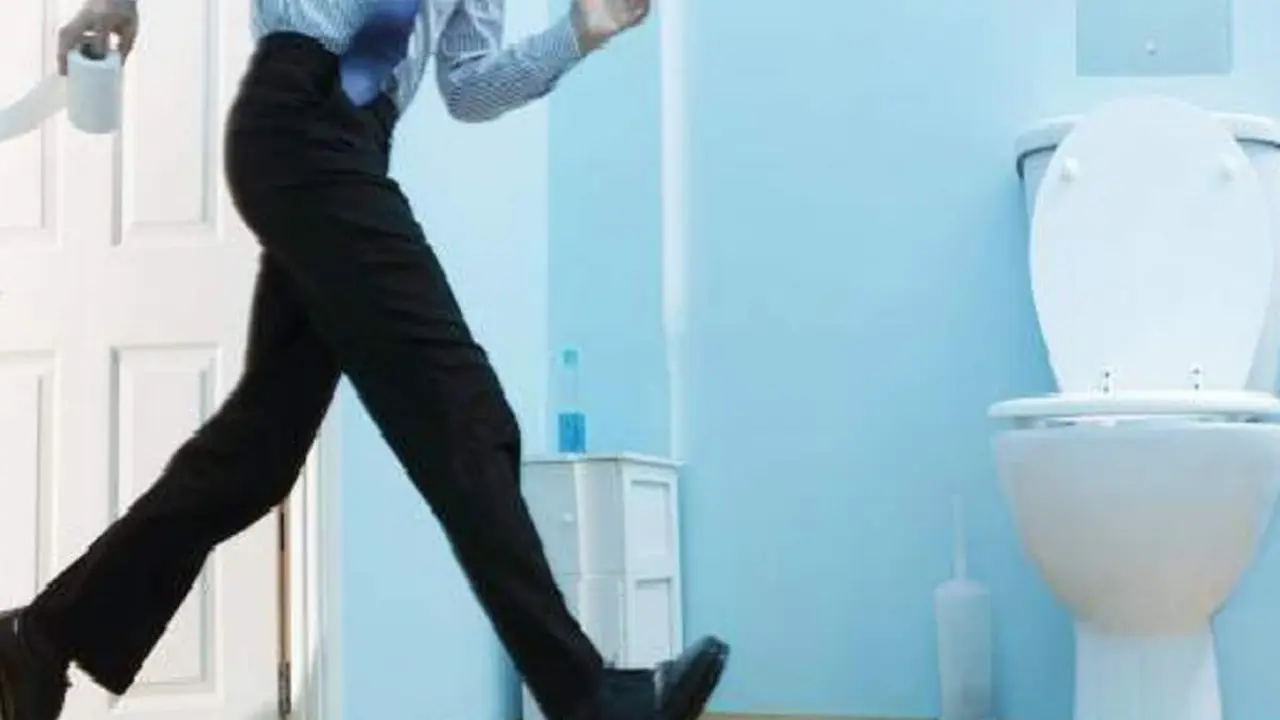Urination Problems: What’s Going On and How to Deal With It
If you’ve noticed you’re running to the bathroom more often, feeling a burning sting, or having accidents you can’t control, you’re not alone. Millions of people experience some form of urination problem at some point. The good news is most issues have clear reasons and simple steps that can help.
Why You Might Be Urinating Too Much
Frequent trips to the toilet can stem from everyday habits or medical conditions. Drinking a lot of caffeine, alcohol or sugary drinks can irritate the bladder and make you pee more. Infections, like a urinary tract infection (UTI), cause urgency and a burning feeling. Diabetes can raise blood sugar, which pulls more fluid into the urine, leading to extra trips. Prostate enlargement in men and overactive bladder in both sexes also push the urge to go.
Painful or Difficult Urination: Red Flags to Watch
When urination hurts, it usually points to irritation or infection. A UTI often comes with cloudy or foul‑smelling urine, a constant urge, and sometimes fever. Kidney stones can cause sharp pain that radiates from the side to the groin, and blood in the urine may appear. If you notice blood, a persistent foul smell, or pain that doesn’t fade after a few days, call a health professional.
Incontinence—leaking urine without meaning to—has many causes. Stress incontinence happens when coughing, sneezing or lifting puts pressure on the bladder. Urge incontinence feels like a sudden, strong need to pee that can’t be held. Both can be managed with pelvic floor exercises, lifestyle tweaks, or medication prescribed by a doctor.
Here’s a quick checklist to decide if you need a doctor’s visit:
- Burning or pain during urination that lasts more than two days
- Fever, chills, or back pain with urinary symptoms
- Blood, a strong odor, or cloudy urine
- Sudden loss of bladder control
- More than eight trips a day (for adults) despite normal fluid intake
If any of these apply, schedule an appointment. Early treatment can prevent complications and ease your day‑to‑day life.
While waiting for a doctor, you can try a few home steps. Cut back on caffeine, alcohol and artificial sweeteners. Drink enough water to stay hydrated, but don’t overdo it—about eight glasses a day works for most folks. Practice timed voiding: go to the bathroom every two to three hours, even if you don’t feel the urge. Doing pelvic floor (Kegel) exercises a few times a day can strengthen muscles that control urine flow.
Remember, the bladder is a muscle that can be trained. Consistency matters more than intensity. If you’re unsure how to do Kegels, a quick online video or a brief chat with a nurse can guide you.
In many cases, simple lifestyle changes and early medical advice solve the problem. But never ignore persistent symptoms—your body is sending a signal that something needs attention.
Urination problems can feel embarrassing, yet they’re common and treatable. By spotting the signs, making smart daily choices, and seeking professional help when needed, you can get back to a comfortable, worry‑free routine.

